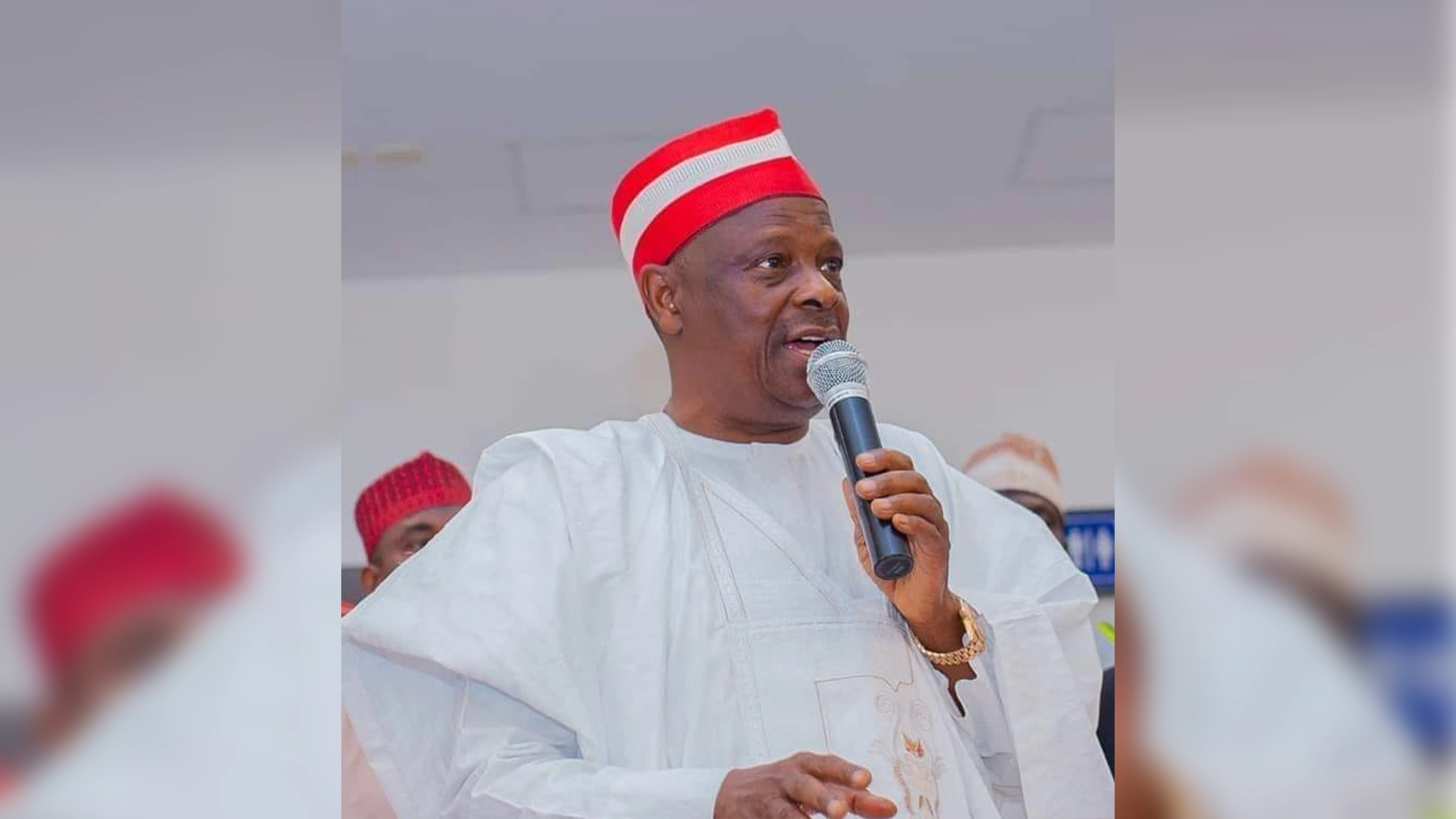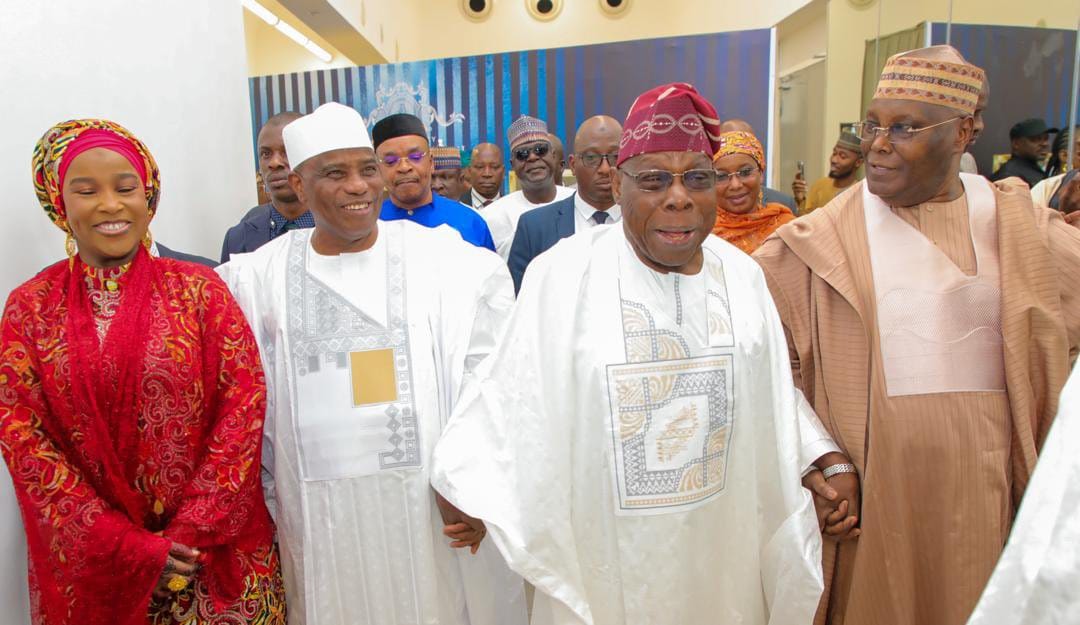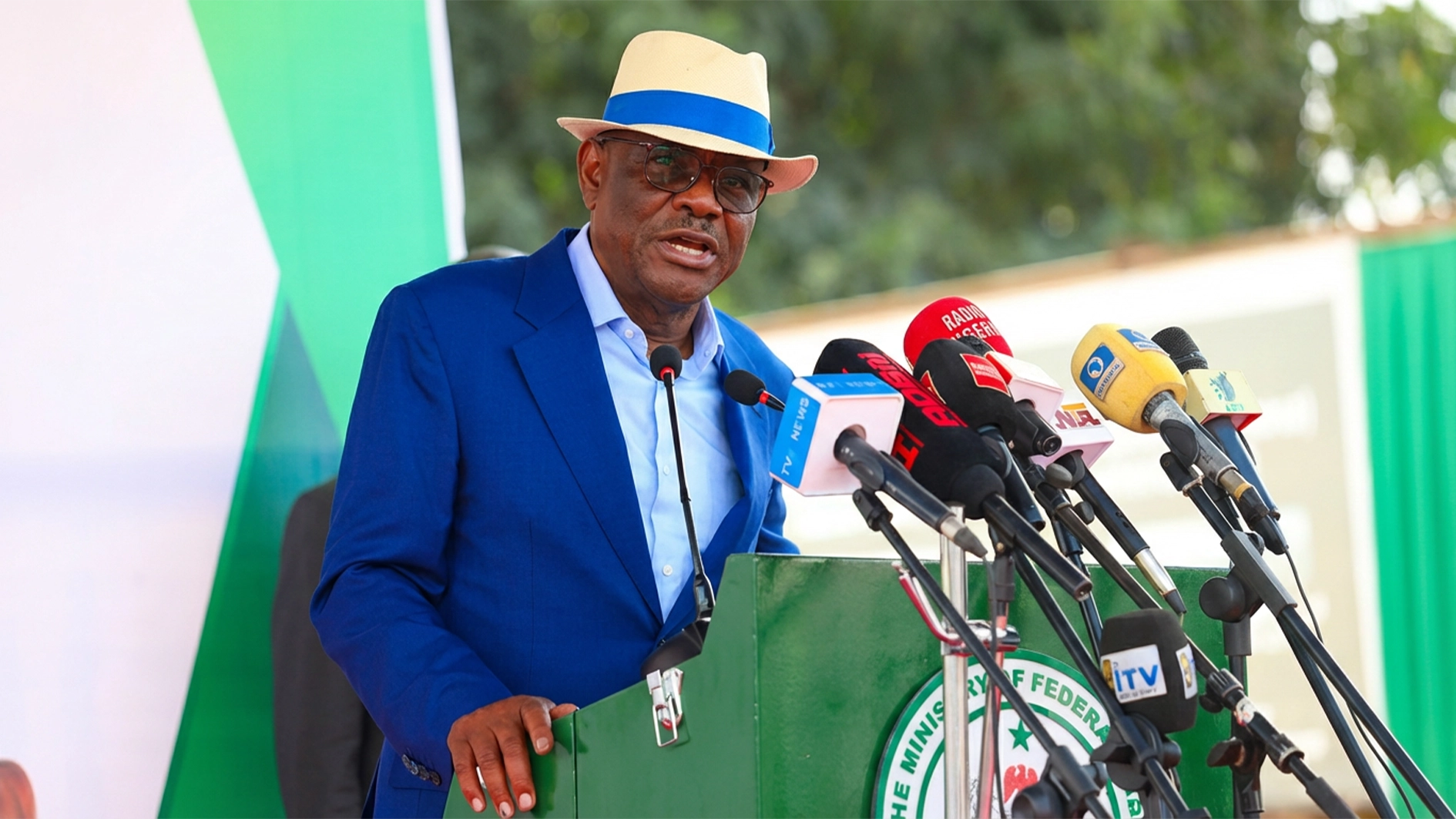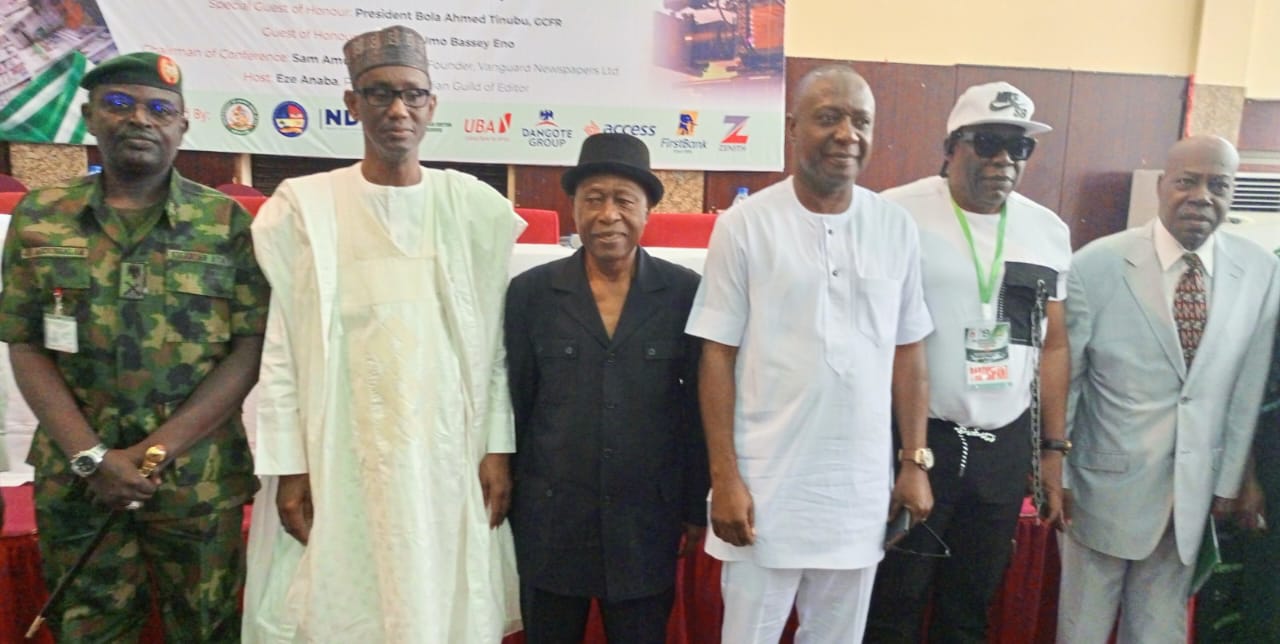
Despite most of the post-election assessments that unfairly scored the performance of the Independent National Electoral Commission (INEC) low in the 2023 general elections, the electoral body made very visible improvement that led to the smooth transition programme.
For instance, regardless of certain challenges, the Continuous Voters Registration (CVR) and Permanent Voter’s Cards collection went rather well resulting in the highest number of eligible voters in the country’s history at over 94 million; for the first time in 12 years, the election was not postponed; there was a very visible improvement in the logistics of deployment of election materials, which resulted in early accreditation and voting across the country; and prevention of constitutional crises in a number of states, most notably, Adamawa State, among others.
A Public Policy Scholar and Human Right Activist, Dr Chima Matthew Amadi, who disclosed this during his presentation, titled: “Post-2023 General Elections: Assessing The Roles Played By The Media, INEC, Security Agencies and Others,” during the just-concluded 19th All Nigerian Editors Conference (ANEC) in Uyo, Akwa Ibom State, said it is next to impossible to conclude that the elections were rigged.
“There are many other examples. However, most of the post-election assessment of the elections has unfairly been narrowed down to the deployment of the Bimodal Verification and Accreditation System (BVAS) and the Instant Result Viewing portal, IReV.
“BVAS was designed to perform the dual role of curbing incidents of impersonation by ensuring that only a properly accredited voter could cast his or her ballot and transmitting the results from the polling unit directly to the IReV portal.
“Several local and foreign observers have put its performance at 98 per cent success rate in ensuring successful accreditation of voters. This level of success is phenomenal and is evidence that a lot of work has been done to curb incidents of multiple voting and over-voting,” he said.
Amadi, however, noted that the BVAS machines suffered a set-back when they encountered a glitch in the system, which caused a collapse of the IReV portal making it impossible for the results to be transmitted in real time. “This led to INEC suspending the electronic transmission of results and relying on manual transmission, as also allowed by law, while work was being done to fix the system.
“The Commission receiving severe criticism over the occurrence of this glitch, perhaps rightly so, but having suffered a technical glitch in the middle of election day, INEC did the best it could, in compliance with the provisions of the law, and ensured that the manual transmission of the results was done, and copies of Forms EC8 appropriately handed over to the political party agents, as well as pasted on a wall at the polling unit.”
He emphasised that the Commission faced a number of other challenges in the conduct of the election, most of which were not of its own making, adding that if one considers that the elections were held in the middle of a debilitating cash crunch, as well as a fuel scarcity, one will reach a conclusion that the Commission deserves commendation for getting its logistics around the distribution of sensitive electoral materials right.
To him, the assessment of INEC’s role in the 2023 elections cannot complete without commenting on the poor conduct of INEC permanent and ad-hoc staff in isolated incidents across the country. “We had instances of senior officials going rogue like in Adamawa State, where the Resident Electoral Commissioner (REC), declared a candidate winner without due process of any sort of legal authority to do so.
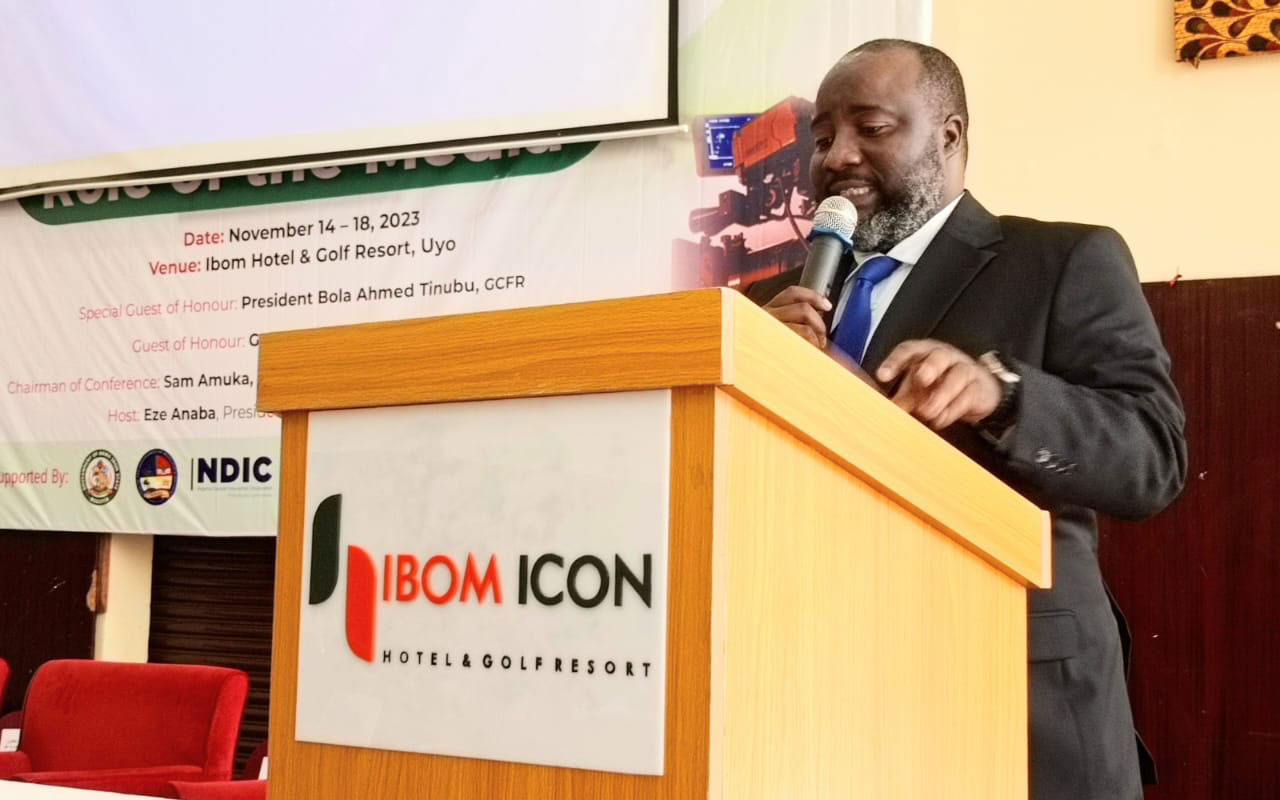
“We also had instances where ad-hoc staff, retained to ensure the smooth conduct of the elections, received monetary inducements to sabotage the same processes. We all know that many Nigerians see the elections as an opportunity to cash out and indeed create pockets of challenges in the process.
“However, one must commend the Commission’s determination to follow the process of the law and ensure the prosecution of all officials caught sabotaging the electoral process. The announcement that the Commission intends to prosecute as many as 215 people for various electoral offences is commendable.
“If you recall, in the aftermath of the 2019 elections, the Commission prosecuted as many as 300 people for various electoral offences and secured over 200 convictions. What this means is that it is establishing a pattern for the arrest, prosecution and conviction of electoral offenders – something that was never done before.”
Amadi said the occurrence of internal sabotage of the electoral process was to be expected, according to him, in the months before the 2023 elections, several RECs were appointed and sworn into office. “These appointments were made in apparent violation of the provisions of the law and in spite of protestations by many stakeholders over their partisan pasts.
“These included at least a former governorship candidate of a political party; the younger sister of the South East National Vice President of a political party; a former civil servant dismissed from service in a state on account of corruption, and the manager of a hotel belonging to a politician who served as minister at the time of the appointment.
“A cursory study of the electoral trends will show that many illegal activities occurred and attempts at disrupting the system occurred in the states where these people were posted to serve.
“I do not believe there was sufficient public pressure to resist these appointments and attempts at sabotaging the electoral process from within. I also do not believe that enough was done to bring this issue to the limelight.”
He pointed out that there has been a slow but remarkable departure in the “activist” outlook displayed by the Commission since 2015, noting that the departure is not unconnected with the reduced appointment of people from the civic space and committed advocates for a return to democracy to members and acolytes of political parties who have a clear and present incentive to be biased.
While expressing his disappointment at the happening, given that the activist approach has led to an improvement in the legal and regulatory framework around elections and the deployment of technology designed to improve the credibility of elections, he said there are several instances in the past where the electoral umpire has insisted on preserving its credibility as an unbiased umpire by disowning results whose integrity it could not vouch for.
“Unfortunately, it has not done so often enough and seems increasingly reluctant to do so. I will give an example by citing the Kogi State gubernatorial election of 2019 and asserting that the electoral umpire had no business given the wide scale violence that destroyed the credibility of the results, a fact attested to by INEC staff, CSOs and observer groups that participated in the elections.
“There are so many cases where the Commission departed from recent history and failed, refused and neglected to intervene in blatant cases of electoral malpractice. This is a stance that the Commission must depart from. Otherwise, it will give vent to increasing levels of desperation within the political class, who are already desperate enough as it is.”
He disclosed that the constant attempts by government to “regulate”, the rise of fake news and the decentralisation of information dissemination by the rise of social media makes the role of the media all the more important, and all the more precarious.
As the media faced myriad of challenges in the performance of their roles in the 2023 general elections, notably among which was the deployment of fake news, which was done blatantly and effectively by major political players or on their behalf, Amadi said it was so widely done that observer agencies had to note the desperation of the political players to spread damaging, but fake news, against opponents.
“In many instances, the media did not live up to its fact checking responsibilities. In other instances, it did so too late. In yet other instances, it did not matter because political players persisted and the people went ahead to believe what they wanted to.
“A third challenge the media faced was the deployment of incendiary and inflammatory rhetoric. Given that this was the first election since 1999 where a major political party fielded a Muslim-Muslim ticket, the nation was already charged along religious lines. This was a topic that ought to have been handled with the greater care and responsibility than it was. In the end, it pushed to the country to the brink, from which the country has not really recovered.
“Closely allied to this was the conversation around the ethnicity and zoning. Like the conversation around religion, this was a charged topic. And like the conversation around religion, the conversation around ethnicity and zoning was perhaps not handled with the care and sensitivity with which it should have been.
“One can reasonably surmise that the media could have, and should have, done better in assessing the twin issues of religion and ethnicity and their roles in our society, as well as leading the national conversation about the importance of religious consideration vis a vis the need for national cohesion and tangible development.”
In his assessment of the role played by security agencies in the conduct of the elections, Amadi said commendably, the 2023 elections were held in a largely peaceful atmosphere across the country.
He cited that in most places, people were able to arrive their polling units, cast their ballots, wait for the announcement of results and go home without any incidents or breach of the peace. “One must point out that the coordinated deployment of security agents led to a drop in the casualty figures from the two previous election cycles.
“However, there were a number of flashpoints in certain states that nearly led to a breakdown of law and order. Notable amongst these states are Benue, Cross Rivers, Delta, Imo, Kano, Kogi, Lagos and Rivers.
“There must be some criticism for the security agencies regarding these incidents of violence. In many cases, the security agents deployed to provide security for the peaceful conduct of the elections actually provided operational cover to enable the perpetration of these acts of violence by thugs sponsored by political players. In other cases, they stood by unwilling and unable to do anything to stop the violence. And in other cases, they responded late to calls for help or did not respond at all.
“It must be said that 161 reported casualties, as well as the maiming of several others and kidnappings of several others, is bad enough – no matter that there was a reduction in the occurrence of such events from previous years.
“The security agencies have to do more to discipline officers who collaborate to subvert the electoral process, improve response times and train officers in de-escalation techniques while ensuring the integrity of the electoral process.
“The security agencies also have to do more pro-active policing aimed at gathering intelligence and preventing these attacks before they occur. It is no longer enough to react long after the attacks have been carried out, nor has it ever been enough.”
He advised the security agencies to overcome the problem of under-policing and over-policing during elections, noting that a careful study of elections will reveal that this is an actual problem that occurs when large numbers of security agents are deployed in urban centres or specific locations to the detriment of rural areas or other locations.
“The result is what while elections remain peaceful in certain areas due to the concentration of security agents there, it leaves other areas susceptible to the nefarious activities of political thugs.
“Hopefully, we will get to a point in the not-too-distant future where there are no casualties or breaches of the peace during the conduct of our elections. But it almost feels like this is a vain hope given that the security agencies are mostly deployed with partisan considerations in the first place.
It happens all too often that security personnel are deployed to parts of the country and allowed to operate with obvious partisan agenda. How then will elections be peaceful when the security agencies who have the duty to maintain the peace descend into the arena on behalf of one side?
“And the true conundrum about this descent into the arena is that it varies according to local considerations in the various communities. As such, a security agency that may be pliable and favourable to a political interest in an area may be aggressive against it in another area.”
Amadi described the politicians as the biggest challenge to the electoral system itself. He said it is ironic that politicians pose the biggest threat to a democratic process.
He lamented that due to the winner takes all nature of the country’s political system, politicians have the most incentive to subvert the process, and have demonstrated the willingness and desperation to subvert it over the years.
“The ingenuity employed by politicians to seek out the loopholes in the legal and regulatory framework is enormous and their determination to find the gaps in the process cannot be over emphasized.
“It is the politicians that have designed the system of vote buying to circumvent the innovation of card readers and BVAS. It is the politicians that offer monetary inducements to key stakeholders in the electoral process including security agents and staff of the electoral commission to subvert the process or to look the other way.
“It is the politicians who continuously stress test the electoral eco-system to find the ways to weaken the process and gain an undue advantage. It is the politicians who pay thugs to disrupt the casting of votes and collation of results, and in so doing endanger the lives and properties of Nigerians.
“It is now evident that the first step towards ensuring freer and more credible elections must resolve with designing systems that limit the influence politicians have over the electoral process. And this limitation must begin with reducing the influence politicians have over the appointment and employment of permanent and ad-hoc staff of the Commission.”
He suggested that the country must also ensure speedier trials for people found subverting the process, including the politicians who offer the inducement and provide the logistic support, and enact legislation prescribing stiffer punishment for those crimes.
Amadi said the challenge with achieving this objective is that the country requires the input of the very politicians whose excesses and influence the country seek to curb in the first place. “While the deployment of technology is proving very effective in curbing the shenanigans of the politicians, the human factors still remain highly susceptible to the inducements provided by the politicians.
“I hope we find a solution to this conundrum soon because before our eyes the politicians are displaying and will continue to display a determination to find an undue advantage by subverting the electoral process as much as they can.
“Even as I say it, the difficulty of this prospect stares me in the face. After all, it is the same politicians who perpetually refuse to abide by the internal rules of their own parties or conduct free, fair and credible primary processes, and who deploy all sorts of vicious antics against even their own party members.
“Every single act of violence, every single piece of fake news, every manipulation of the electoral process, the subversion of law and regulations and the use of divisive rhetoric are always traceable to the interests of one politician or the other. And it leaves one in wonder – if you are so desperate to be voted for, why not just do good and be good to the people so they reward you with their votes? Why fail and then desperately seek to hijack the electoral process to get into office?
“Nigerians seem to have the short end of the stick with its political class and scarily it appears that there is no help in sight,” he said.
While noting that many CSOs also played very commendable roles in voter education and sensitisation, the public analyst said they spearheaded so many initiatives designed to discourage flaws like vote buying, electoral violence and to encourage high voter turnout and peaceful conduct during the elections.
He observed that the participation of CSOs was not all positive, adding that there are several instances where CSO were established or retained with the intention of pushing negative and divisive rhetoric along regional, ethnic or religious lines or to promote fake news or to attack political opponents.
“In so doing, their activities served to heighten tensions and worsen the climate in which the elections were held. This presents us with the need for an urgent national conversation around the role of CSOs in our democratic process.
“It has become increasingly important to find the balance between the rights to freedom of speech and the rights to freedom of association vis a vis the need for some sort of regulation that prevents organisations from exacerbating tensions during electoral season.
“There were several commendable things about the participation of observer groups in this electoral cycle. Most notable amongst these was they served to point out the loopholes/gaps in the electoral process and make recommendations to plug such gaps in the future.
“However, many observer groups did not observe the entire electoral process and so only gave their recommendations about election day activities. As such many of the recommendations do not give any insights about how to improve pre-election day aspects of the process.
“It must be said that it is becoming increasingly difficult to find a CSO and observer group that gives a fair, balanced and objective assessment of the electoral process. And this is traceable to the vice like grip the government and donor agencies have over the activities of these organisations. It has also become increasingly frequent to see reports written by these organizations differ greatly from the press statements and media interventions they make.
He recommended that more electoral observer groups get involved in the Nigerian election process from the beginning rather than only towards election day, saying this will, amongst other things, ensure that gaps in the process are identified and plugged well ahead of time.
He stressed that the critical role of the judiciary in the preservation of the democracy can no longer be taken for granted, hence the need for them to be an impartial arbiter must be restated at every available opportunity.
Amadi said the judiciary must now not only do justice, it must be seen to be doing justice. “This stance has become necessary in the wake of the all too frequent inconsistencies displayed by the judiciary, many times in violation of the provisions of the law and in flagrant disregard for decades of jurisprudence and decisions of the Court.
“Or the reliance on technicalities to determine cases rather than doing substantial justice in a bid to protect interests of politicians. It has long since been the desired position that elections should be decided by the ballots not by the courts.
“However, every Nigerian must be worried when a former senator stands in the hallowed chambers of the Senate to say his wife used to give favourable judgments to his colleagues. Every Nigerian must be alarmed when a senator alleges that his election was overturned at the behest of the President of the Senate because he did not pander to certain interests.”
He expressed the need for every Nigerian to be concerned when a retiring Justice of the Supreme Court of Nigeria alleges that the bench is a cesspool of corruption, increasingly people by judges appointed on the basis of nepotism rather than competence and increasingly unwilling to be a fair arbiter in the best interest of the wider population.



